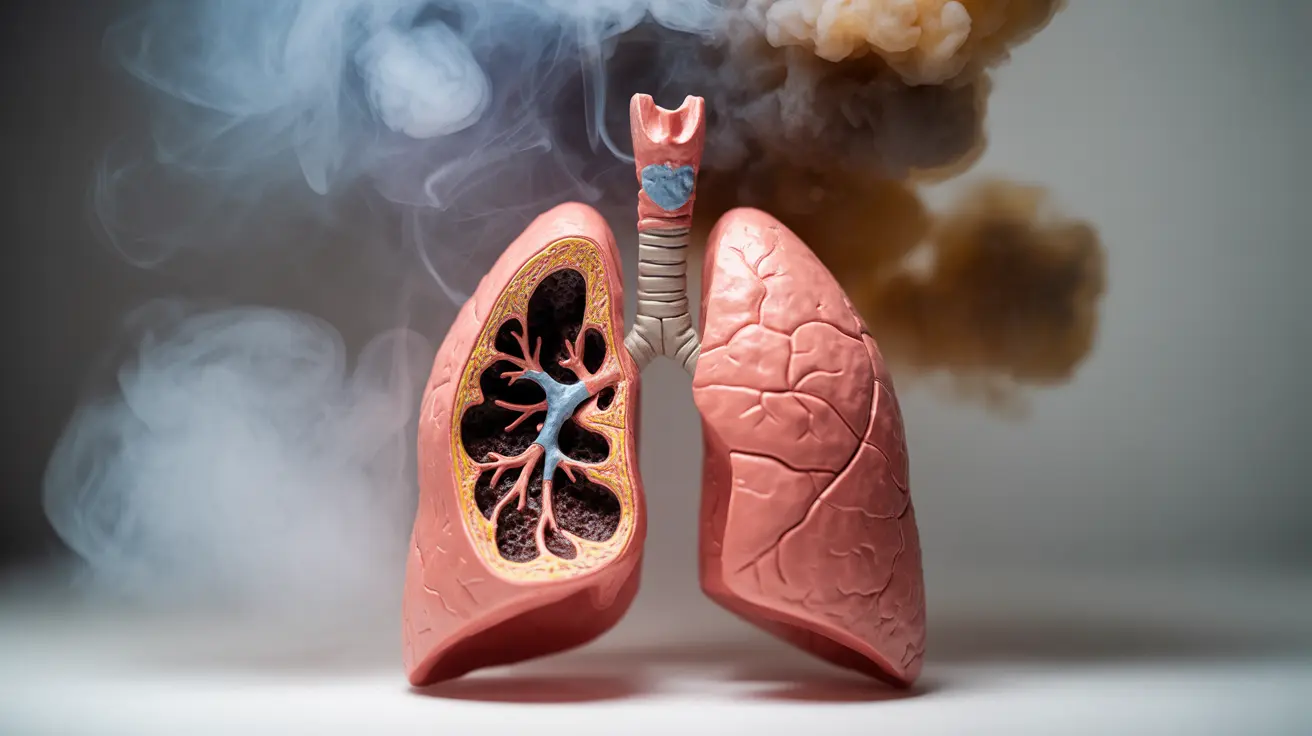Smoking cannabis resin, particularly reclaimed or residual resin, has become a topic of growing concern among healthcare professionals and cannabis users alike. While some may view it as a way to maximize their cannabis supply, this practice carries significant health risks that every user should understand.
This comprehensive guide explores the potential dangers of smoking reclaimed cannabis resin, its differences from other cannabis products, and safer alternatives for cannabis consumption.
Understanding Cannabis Resin and Its Composition
Cannabis resin is the sticky, tar-like substance that accumulates in pipes, bongs, and other smoking devices after repeated use. Unlike fresh cannabis or purpose-made concentrates, reclaimed resin contains high levels of tar, carbon, and other harmful byproducts of combustion.
This residual material is fundamentally different from the natural resins found in fresh cannabis plants, containing significantly reduced levels of beneficial compounds while harboring potentially harmful substances.
Health Implications of Smoking Reclaimed Resin
Respiratory Risks
Smoking reclaimed cannabis resin can pose serious risks to respiratory health. The concentrated tar and carbonized material can irritate the lungs and bronchial passages, potentially leading to:
- Chronic coughing
- Bronchial irritation
- Increased risk of respiratory infections
- Difficulty breathing
- Excessive mucus production
Chemical Exposure Concerns
When cannabis is burned, it creates various chemical byproducts. Smoking reclaimed resin means you're essentially re-burning these substances, which can lead to exposure to:
- Concentrated carcinogens
- Heavy metals
- Harmful hydrocarbons
- Denatured cannabinoids
- Toxic combustion products
Safer Alternatives to Smoking Resin
Instead of smoking reclaimed resin, consider these safer alternatives for cannabis consumption:
- Using fresh, high-quality cannabis flower
- Exploring legal cannabis concentrates
- Considering vaporization methods
- Using edibles or tinctures
- Investigating other FDA-approved cannabis products
Proper Device Maintenance and Cleaning
Regular cleaning of cannabis smoking devices is essential for preventing harmful resin buildup and maintaining optimal function. This practice not only improves the smoking experience but also helps avoid the temptation to smoke accumulated resin.
Frequently Asked Questions
What are the health risks of smoking reclaimed cannabis resin compared to fresh cannabis?
Smoking reclaimed cannabis resin carries significantly higher health risks than fresh cannabis. It contains concentrated levels of tar, carcinogens, and toxic byproducts from previous combustion, making it substantially more harmful to respiratory health and overall wellbeing.
How does reclaimed resin differ from fresh cannabis resin and other concentrates like rosin or hash?
Reclaimed resin is a degraded byproduct of combustion, containing mostly tar and carbon residue, while fresh cannabis resin and professional concentrates contain pure, active compounds in their original form. Unlike quality concentrates, reclaimed resin has minimal beneficial properties and higher levels of harmful substances.
What side effects might I experience from smoking reclaimed cannabis resin?
Common side effects include severe coughing, headaches, nausea, respiratory irritation, and potential respiratory infections. Users may also experience throat irritation, chest discomfort, and increased mucus production.
Is it safe or recommended to reuse or smoke reclaimed cannabis resin?
No, smoking reclaimed cannabis resin is not recommended by health professionals. The potential risks significantly outweigh any perceived benefits, and the practice can lead to serious health complications.
How can I prevent resin buildup in my smoking devices and avoid inhaling harmful substances?
Regular cleaning of smoking devices using appropriate cleaning solutions, frequent replacement of filters or screens, and proper maintenance can prevent excessive resin buildup. Additionally, using vaporizers or other alternative consumption methods can reduce exposure to harmful combustion byproducts.




